Architectural Collages Depict The Fragmented Lives Of Migrants








Architectural Collages Depict the Fragmented Lives of Migrants
Architecture student Evan Wakelin has produced drawings that juxtapose the old and new homes of migrants in Toronto, to convey the emotional and physical upheaval these people experience. Wakelin’s thesis research project is part of his ongoing studies at the Daniels Faculty of Architecture, Landscape, and Design, where he is enrolled on the Master of Architecture course.
“The drawings illustrate hypothetical migrations to the city, whereby the original home of the migrant is layered with their current home within the city of Toronto,” explained Wakelin in his thesis research paper. “This intersection of past and present, over different geographical locations, describes a divided identity where the sense of belonging and sentiment exist somewhere in between.”
Check out this tumblr!
Images and text via
More Posts from Alexschi and Others











Nanotecture: Tiny Built Things
This book by Rebecca Roke is described as the most wide-ranging, comprehensive and inclusive book on small-scale architecture ever published.
An inspiring, surprising and fun collection of 300 works of small-scale architecture including demountable, portable, transportable and inflatable structures as well as pavilions, installations, sheds, cabins, pods, capsules and tree houses.

Text via



Buster gets a taste of the good life in Hard Luck (1921).
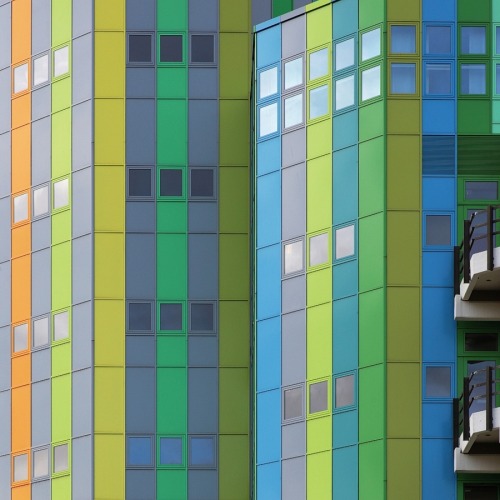
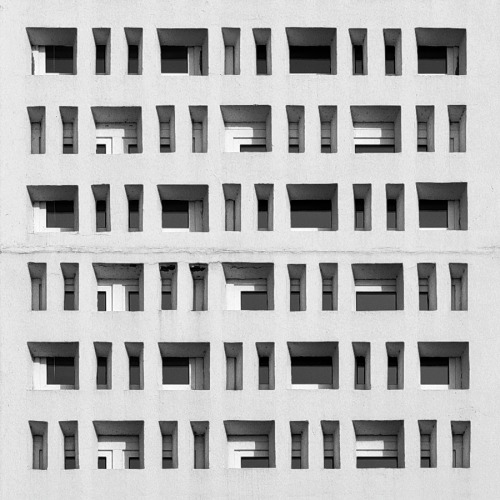
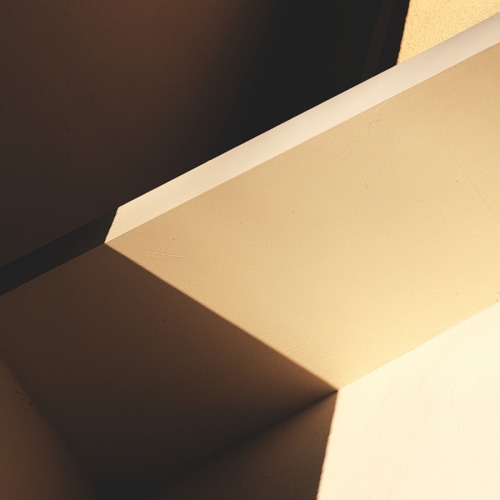
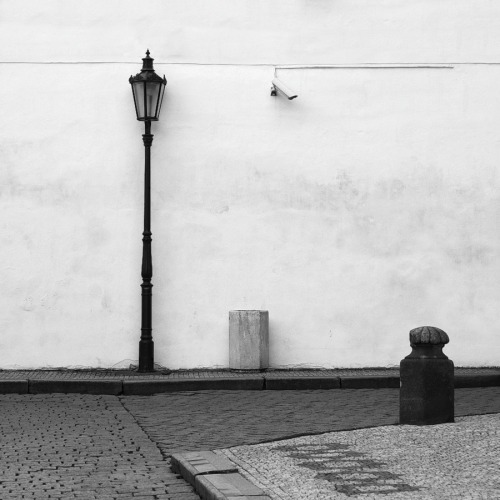
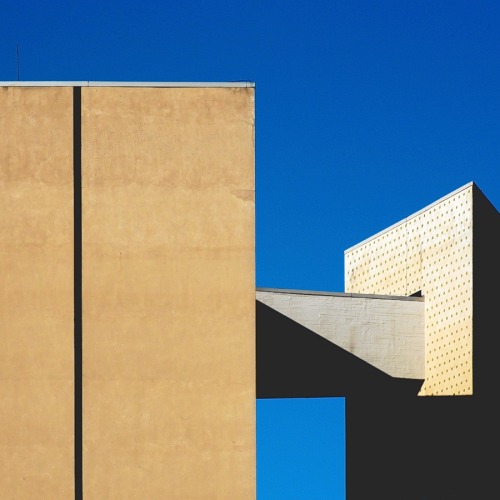

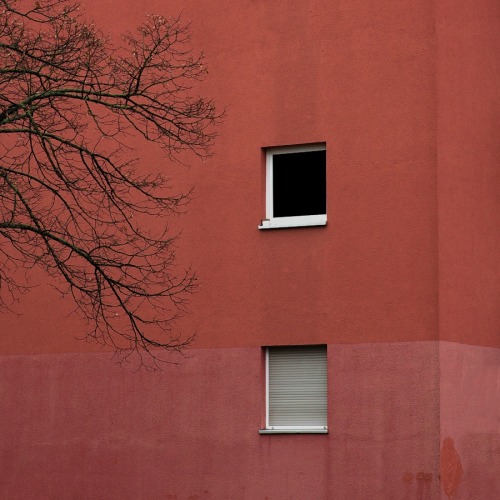
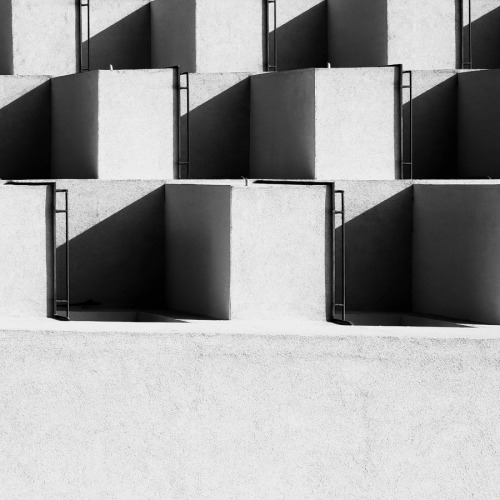
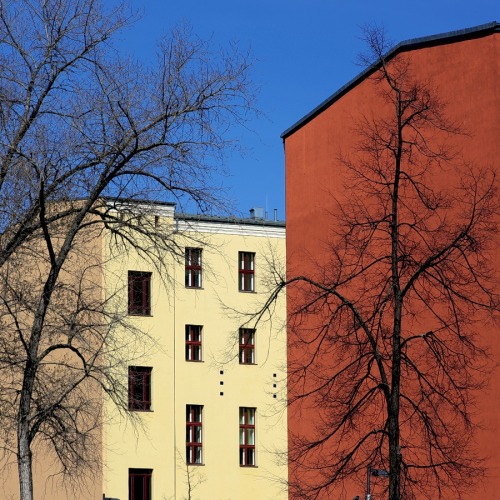
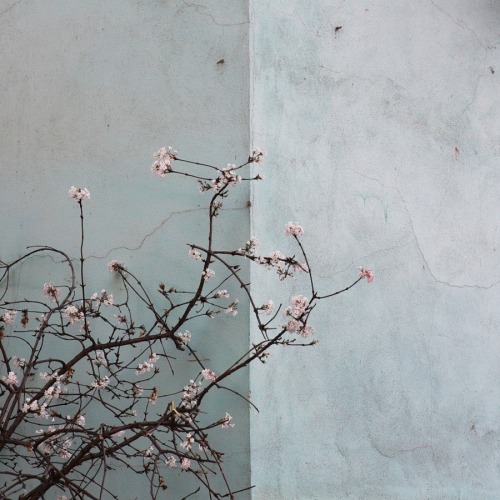
A Visual Voyage (Part 3) A Visual Voyage (Part 3)
From the artist:
The third part of my journey through shapes and colors.The photographs were made in the cities ofBerlin, Essen, Potsdam,Oslo, and Prague.
Images and text via

Science-Heavy SpaceX Dragon Headed to Space Station
Heads up: a new batch of science is headed to the International Space Station aboard the SpaceX Dragon on April 2, 2018. Launching from Florida’s Cape Canaveral Air Force Station atop a Falcon 9 rocket, this fire breathing (well, kinda…) spacecraft will deliver science that studies thunderstorms on Earth, space gardening, potential pathogens in space, new ways to patch up wounds and more.

Let’s break down some of that super cool science heading 250 miles above Earth to the orbiting laboratory:
Sprites and Elves in Space
Atmosphere-Space Interactions Monitor (ASIM) experiment will survey severe thunderstorms in Earth’s atmosphere and upper-atmospheric lightning, or transient luminous events.

These include sprites, flashes caused by electrical break-down in the mesosphere; the blue jet, a discharge from cloud tops upward into the stratosphere; and ELVES, concentric rings of emissions caused by an electromagnetic pulse in the ionosphere.
Here’s a graphic showing the layers of the atmosphere for reference:

Metal Powder Fabrication
Our Sample Cartridge Assembly (MSL SCA-GEDS-German) experiment will determine underlying scientific principles for a fabrication process known as liquid phase sintering, in microgravity and Earth-gravity conditions.

Science term of the day: Liquid phase sintering works like building a sandcastle with just-wet-enough sand; heating a powder forms interparticle bonds and formation of a liquid phase accelerates this solidification, creating a rigid structure. But in microgravity, settling of powder grains does not occur and larger pores form, creating more porous and distorted samples than Earth-based sintering.
Sintering has many applications on Earth, including metal cutting tools, automotive engine connecting rods, and self-lubricating bearings. It has potential as a way to perform in-space fabrication and repair, such as building structures on the moon or creating replacement parts during extraterrestrial exploration.
Plants in space! It’s l[a]unch time!
Understanding how plants respond to microgravity and demonstrating reliable vegetable production in space represent important steps toward the goal of growing food for future long-duration missions. The Veggie Passive Orbital Nutrient Delivery System (Veggie PONDS) experiment will test a passive nutrient delivery system in the station’s Veggie plant growth facility by cultivating lettuce and mizuna greens for harvest and consumption on orbit.
The PONDS design features low mass and low maintenance, requires no additional energy, and interfaces with the Veggie hardware, accommodating a variety of plant types and growth media.

Quick Science Tip: Download the Plant Growth App to grow your own veggies in space! Apple users can download the app HERE! Android users click HERE!
Testing Materials in Space
The Materials ISS Experiment Flight Facility (MISSE-FF) experiment will provide a unique platform for testing how materials, coatings and components react in the harsh environment of space.

A continuation of a previous experiment, this version’s new design eliminates the need for astronauts to perform spacewalks for these investigations. New technology includes power and data collection options and the ability to take pictures of each sample on a monthly basis, or more often if required. The testing benefits a variety of industries, including automotive, aeronautics, energy, space, and transportation.
New Ways to Develop Drugs in Space

Microgravity affects movement and effectiveness of drugs in unique ways. Microgravity studies already have resulted in innovative medicines to treat cancer, for example. The Metabolic Tracking investigation determines the possibility of developing improved drugs in microgravity, using a new method to test the metabolic impacts of drug compounds. This could lead to more effective, less expensive drugs.
Follow @ISS_Research on Twitter for your daily dose of nerdy, spacey goodness.
Make sure to follow us on Tumblr for your regular dose of space: http://nasa.tumblr.com.

Art, books, flowers

snapchat /add/ nextarch Standing still #minimalmood #mindtheminimal #ig_minimalshots #minimalist #minimalismo #igerstoronto #toronto #torontoclx #mycity #citylife #rustlord_archdesign #urbanromantix #harmonyoflight #ptk_architecture photo by @mariamollard #next_top_architects #nextarch










LM Guest House Desai Chia Architecture
Located on a rolling farm property in upstate New York, the LM Guest House celebrates the beauty of the surrounding landscape– sweeping views through an all-glass facade magnify the spacious, open feel of the living areas.The home employs several sustainable design strategies including geothermal heating and cooling, radiant floors, motorized solar shading, photovoltaic panels, and rainwater harvesting.
The open living and sleeping areas flow around a compact slatted wood core that disguises the mechanical, storage, and bathing spaces. Two sleeping couchettes with built-in bunk beds provide efficient accommodations for additional weekend guests. Natural white oak wood detailing provides warmth and texture throughout the home. The high-performance glass facade was prefabricated off site, shipped in one container, and erected in two days. An innovative steel frame structure allows the roof to cantilever dramatically over the open living areas and bedroom.
Images and text via Desai Chia Architecture
-
 subtle-students liked this · 8 years ago
subtle-students liked this · 8 years ago -
 clovenn liked this · 8 years ago
clovenn liked this · 8 years ago -
 arch-atlas reblogged this · 8 years ago
arch-atlas reblogged this · 8 years ago -
 abalaperdida reblogged this · 8 years ago
abalaperdida reblogged this · 8 years ago -
 i-fancycoffeecollector-univ-blog liked this · 8 years ago
i-fancycoffeecollector-univ-blog liked this · 8 years ago -
 punchedintheface-blog1 liked this · 8 years ago
punchedintheface-blog1 liked this · 8 years ago -
 downsworks reblogged this · 8 years ago
downsworks reblogged this · 8 years ago -
 downsworks liked this · 8 years ago
downsworks liked this · 8 years ago -
 atelierkiamoazami reblogged this · 8 years ago
atelierkiamoazami reblogged this · 8 years ago -
 d5mple reblogged this · 8 years ago
d5mple reblogged this · 8 years ago -
 officialetulan reblogged this · 8 years ago
officialetulan reblogged this · 8 years ago -
 h1rt2 liked this · 8 years ago
h1rt2 liked this · 8 years ago -
 franknfree liked this · 8 years ago
franknfree liked this · 8 years ago -
 ami-that-weird reblogged this · 8 years ago
ami-that-weird reblogged this · 8 years ago -
 ami-that-weird liked this · 8 years ago
ami-that-weird liked this · 8 years ago -
 paragonequinox liked this · 8 years ago
paragonequinox liked this · 8 years ago -
 frockapotamus liked this · 8 years ago
frockapotamus liked this · 8 years ago -
 missteaflowers liked this · 8 years ago
missteaflowers liked this · 8 years ago -
 soyloqueustedesmehicieron liked this · 8 years ago
soyloqueustedesmehicieron liked this · 8 years ago -
 samichez liked this · 8 years ago
samichez liked this · 8 years ago -
 naillco liked this · 8 years ago
naillco liked this · 8 years ago -
 officialetulan reblogged this · 8 years ago
officialetulan reblogged this · 8 years ago -
 poisxn-paradise reblogged this · 8 years ago
poisxn-paradise reblogged this · 8 years ago -
 poisxn-paradise liked this · 8 years ago
poisxn-paradise liked this · 8 years ago -
 hazel-breeze reblogged this · 8 years ago
hazel-breeze reblogged this · 8 years ago -
 hazel-breeze liked this · 8 years ago
hazel-breeze liked this · 8 years ago -
 senojp reblogged this · 8 years ago
senojp reblogged this · 8 years ago -
 cheerstothesunset liked this · 8 years ago
cheerstothesunset liked this · 8 years ago -
 laughingpinecone liked this · 8 years ago
laughingpinecone liked this · 8 years ago -
 atracaelum liked this · 8 years ago
atracaelum liked this · 8 years ago -
 morkalmarrh reblogged this · 8 years ago
morkalmarrh reblogged this · 8 years ago -
 chri555ybaby liked this · 8 years ago
chri555ybaby liked this · 8 years ago -
 polygonal reblogged this · 8 years ago
polygonal reblogged this · 8 years ago -
 chickadeedays reblogged this · 8 years ago
chickadeedays reblogged this · 8 years ago -
 goreisan liked this · 8 years ago
goreisan liked this · 8 years ago -
 adaptivespaces liked this · 8 years ago
adaptivespaces liked this · 8 years ago -
 shadowsoftomorrow reblogged this · 8 years ago
shadowsoftomorrow reblogged this · 8 years ago -
 therarestartand reblogged this · 8 years ago
therarestartand reblogged this · 8 years ago -
 squirrelywraith liked this · 8 years ago
squirrelywraith liked this · 8 years ago